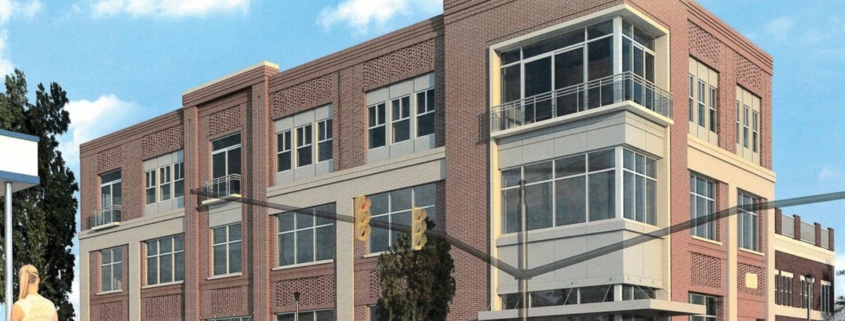Should I Enter into a Commercial Lease Agreement
One of the most important decisions that a new business makes is where they want to be located. For businesses such as retail stores or others that rely heavily on foot traffic, choosing the right location is absolutely critical. But even if a business does not interact directly with the public, they may still need a carefully chosen commercial space to house an office, warehouse, manufacturing center, or another type of operation that requires employees to work on-site.
Obtaining space for a business to operate usually means entering into a commercial lease agreement. This agreement is a contract between the landlord and the tenant that lays out the terms and conditions of the lease. Commercial leases are significantly more complicated than residential leases, and they may contain a number of different provisions that the parties should understand before they sign.
Here are five important things to consider before entering into a commercial lease:
- What is the rental rate and what is included in that price?
At the top of the mind for the parties involved is going to be the price that will be paid to lease the commercial space. But just as important as the price is what type of lease it is and what is included with the rental payment.
The main types of commercial leases include:
- Gross lease – tenant pays a flat monthly amount, and the landlord is responsible for building expenses, repairs, insurance, and property taxes.
- Net lease – tenant pays a base rent plus a portion of the property taxes while the landlord covers repairs, insurance, and building operating expenses.
- Double net lease – tenant pays a base rent, property taxes, and insurance for the space they are renting.
- Triple net lease – tenant pays their proportionate share of the building operating costs, maintenance, and repairs.
- Percentage lease – tenant pays a fixed rate for rent plus a percentage of their gross income.
- What is the duration of the lease?
Commercial leases can be short-term – just a few months or even month-to-month in some cases, or they can run for several years. A longer-term lease is often preferable for the tenant because it locks in a predictable price for a significant period of time. The downside of course to making a long-term commitment is being stuck with the lease if the business closes, wants to move to a better location, or no longer needs the location.
You will want to know not only the duration of the lease but also what options the tenant may have if they need to get out of it early. Just as importantly, you will want to know the options for renewing the lease term and how the rental rate will be calculated during a renewal. These provisions should be clearly spelled out in the contract.
- How is the tenant allowed to use the space?
The lease should spell out the permitted uses for the tenant’s rented space as well as the common areas. There are a number of different ways that a commercial tenant may need to use the space. For example, some businesses just need office space and cubicles to house their professional employees, while others might need to fully reconstruct the space to set up a new restaurant, medical clinic, etc. Be sure you fully understand the rules for how the space can be used and be sure that these provisions match your business objectives.
- How does the lease deal with subletting?
As we talked about earlier, there might come a time when the needs of the tenant change. Perhaps they want to relocate to a better place, or they find out that they do not need all of the space that they have rented. One way to resolve this dilemma if there is still a lot of time left on your lease is to sublet part or all of the commercial space. Find out if your commercial lease provides the option for subletting, and make sure you understand the rules under which the landlord would allow this to happen.
- What are the default provisions?
You will want to thoroughly review the default provisions of the commercial lease so you understand what constitutes a landlord default, what constitutes a tenant default, and what can be done in the event of a default by either party. For the landlord, the preferred action in the event of a default would likely be to repossess the commercial space. For the tenant, it would likely be to terminate the lease early.
Work with a Reputable Alabama Business Law Attorney
Because of the complex nature of commercial leases, it is always a good idea to have your lease drafted or at the very least reviewed by an experienced business attorney. Your attorney can also negotiate terms and conditions that protect your interests, so you are in the best possible position to succeed with this arrangement.
For strong legal guidance with commercial leases in Alabama, contact Stone Crosby, P.C. for assistance. Call our Daphne, AL office today at (251) 626-6696 or message us online to set up a consultation with one of our attorneys. We look forward to serving you!




